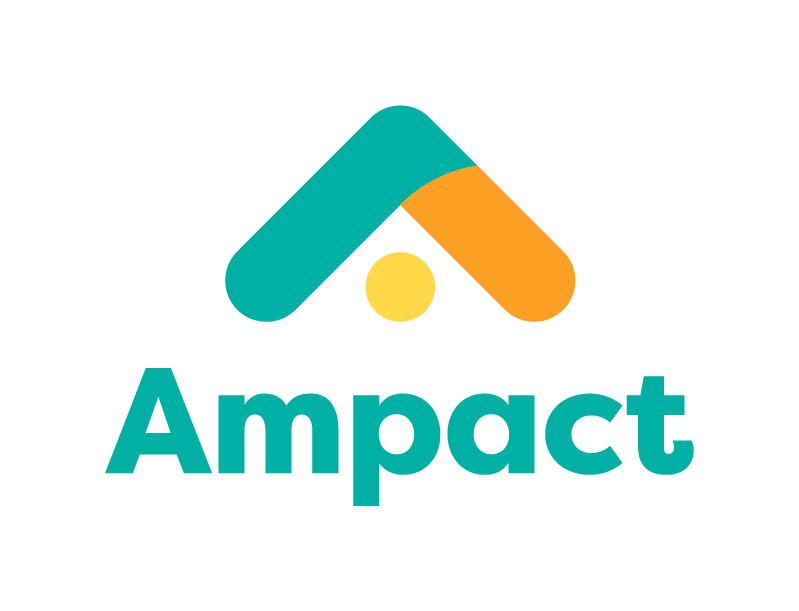How you can train for a green job and help your community
Pictured: Home Energy Member, Derek Boeshans, and homeowner, Linda, in front of her house after receiving weatherization services from the Home Energy Initiative.
Did you know some Minnesotans spend as much as 30% of their income on energy costs? According to the American Council for an Energy Efficient Economy (ACEEE), an energy burden above 6% is considered a high energy burden. In Minnesota, the average energy burden is 2%, while low-income households average an energy burden of 8% and some Minnesotans face an energy burden exceeding 30%. Unfortunately, higher energy burdens are more likely to impact low-income people who are unable to afford home improvements. If you're interested in working to address environmental justice by helping families save energy and money, you may want to learn about the Home Energy Initiative.
Climate Impact Corps, an AmeriCorps program, is seeking people to become Home Energy members throughout Minnesota. Members learn how to help homeowners and renters lower their energy burden, while also making their homes safer and more comfortable. The program trains you for a year of service at a local agency, where you'll work to build awareness and connect households to available resources for weatherization and other improvements.
How the Home Energy Initiative helps reduce energy burdens
Home Energy members can help households reduce their energy bills by as much as 40%, while also improving indoor air quality and energy consumption. Linda McKnight, a homeowner who participated in the program last year, received assistance for a variety of improvements. "Somebody called me from Community Action and said, 'Would you be interested in a weatherization audit?'“ McKnight recalled. "I had no idea what it was, and then all these wonderful things happened."
Improvements the program helped her with included:
New furnace and water heater
Ductwork
Attic insulation
Energy efficient light bulbs
Carbon monoxide and smoke detectors
These improvements save on energy costs while also improving the home's livability. "That was a really old furnace and water heater. I could have never afforded that. It literally lets me stay in my house," McKnight said. "It was a huge difference. It's not as drafty in the winter, and I can actually take a shower and still have hot water to do the dishes or wash clothes."
As local agencies work to connect more households with available resources, Home Energy members provide essential capacity. While serving their community, they also gain valuable skills and experience. "Climate Impact Corps has been a great partner for our organization," said Site Supervisor Kendrick Paulson. "The AmeriCorps members support our field staff in the field conducting on-site energy audits and in the office modeling the houses in our energy modeling software. This program continues to add value as we explore ways to integrate more community engagement events and solar modeling into our program."
How a year of service can lead to a new career
While serving, you'll earn a stipend every two weeks ($18+ per hour served) and also qualify for up to $4,800 for tuition or student loans. Members serving 35+ hours a week qualify for free individual health insurance, and child care assistance is available (based on income and family size).
As part of your service, you’ll have the option to complete an entry level credential at no cost, which will prepare you to launch a career in the green building sector and earn $20+ an hour. "I was looking for a chance to do something hands-on, and this was a perfect fit," said Derek Boeshans, Home Energy member. Positions you may be qualified for after your service include weatherization auditor and inspector or energy auditor. The potential salary you may be able to achieve depends on where you work. To view potential jobs in the field, visit the Interstate Renewable Energy Council's Green Career's map, which states a salary range of $43,000-$106,000 for these positions.
With over 500,000 households in Minnesota eligible for weatherization assistance programs, more Home Energy members are needed. For recent grads or anyone seeking a new career — or a year of valuable service offering useful experience — the Home Energy Initiative provides a great opportunity.
To learn more and to apply, visit Ampact.us/home-energy.



